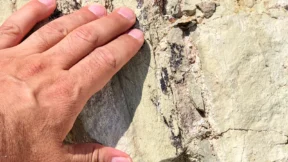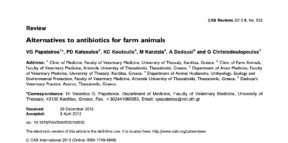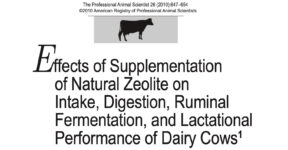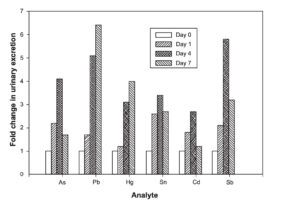Zeolite, one mineral…
countless applications!
What’s a zeolite? What is its function How does it work? Where is it used?
Zeolite, one mineral…
countless applications!
What’s a zeolite? What is its function How does it work? Where is it used?
Applications and sell of Greek zeolite, zeolite products and industrial minerals | Zeolife.gr
Our company has been dealing for 10 years with the application and sale of certified Greek natural zeolite and natural zeolite of European origin for all uses. At the same time we have many innovative products based on zeolite. From us you can also buy perlite and Greek clay diatomite. The content of zeolite in clinoptilolite for agricultural and livestock use is at least 85% and is available in various particle sizes depending on its use.
Zeolite is like us, so it cleans the soil of the elements who disturb, to help the development of life without barriers, because it is a mission that is a target and it can not be stopped, because water touches everything, the sea, to strengthen the infinite blue for the next world to be created.
-Nikos Lygeros
Recent News and publications

Zeolite, what is it, what does it do and where is it used?
Zeolite is a natural, inert, clay-silicate rock, which generally cleans and manages the environment in which it is found. Zeolite has a unique combination of properties that make it a special material, which is used in a wide range of applications. It could also be described as a filter or…

Active microorganisms (EM), what are they, what do they do and where are they used?
Active Microorganisms (EM) are an innovative biotechnology that harnesses the power of beneficial microbes to support sustainable practices in agriculture, animal husbandry, environmental management and human hygiene. Table of Contents 1. Introduction Active or effective Microorganisms (EM) are a mixture of beneficial microbes used as an ecological technology to improve…

The role of natural clinoptilolite zeolite in detoxification
The natural clinoptilolite zeolite has attracted much interest in recent years for its important role in human detoxification. This is due to its unique physico-chemical properties, such as its large surface area, porosity and ion exchange capacity. These characteristics allow zeolite to selectively adsorb and exchange a range of ions,…

Alternatives to antibiotics for farm animals
New strategies and commercial products must be developed to improve animal health and performance, based on their safety, efficacy and cost-effectiveness. The aim of this study is to summarize the beneficial effects of currently used alternatives to in-feed antibiotics, i.e. probiotics, prebiotics, organic acids, phytogenic compound sand zeolites on health and growth performance in farm animals (swine, poultry and ruminants)

Effects of Supplementation of Natural Zeolite on Intake, Digestion, Ruminal Fermentation, and Lactational Performance of Dairy Cows
Effects of Supplementation of Natural Zeolite on Intake, Digestion, Ruminal Fermentation, and Lactational Performance of Dairy Cows

Clinical evidence supporting the use of anactivated clinoptilolite suspension as an agent toincrease urinary excretion of toxic heavy metals
Abstract Effective treatment of chronic illness resulting from the long-term buildup of heavymetals in the body, such as chelation therapy, presents numerous clinical challenges, includingundesirable side effects and unpredictable efficacy. Use of a naturally occurring zeolite, clinoptilolite, to remove these toxic substances may offer an efficacious and safe alternative to…
Publications by use
- Active microorganisms (EM) for home use
- Active microorganisms (EM) in agriculture
- Active microorganisms (EM) in animal husbandry
- Active microorganisms (EM) in the environment
- Domestic use of Zeolite
- Zeolite in Agriculture
- Zeolite in Construction
- Zeolite in Human Health
- Zeolite in Livestock
- Zeolite in the Chemical Industry
- Zeolite in the Consumer Goods Industry
- Zeolite in the Environment
More than
10
years of experience
More than
10.000
subscribers to our news
More than
15.000
happy customers
More than
350.000
Unique visits a year